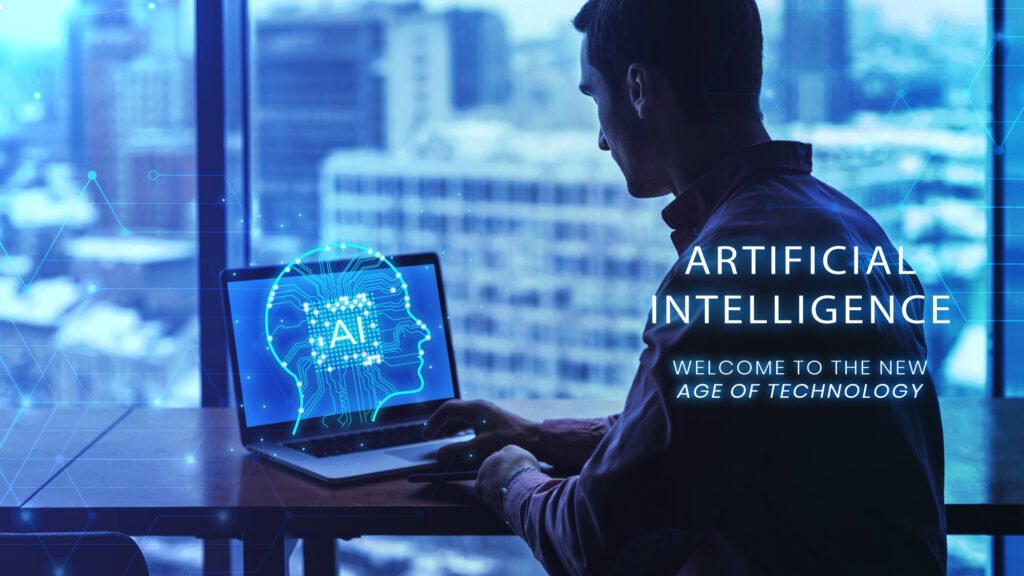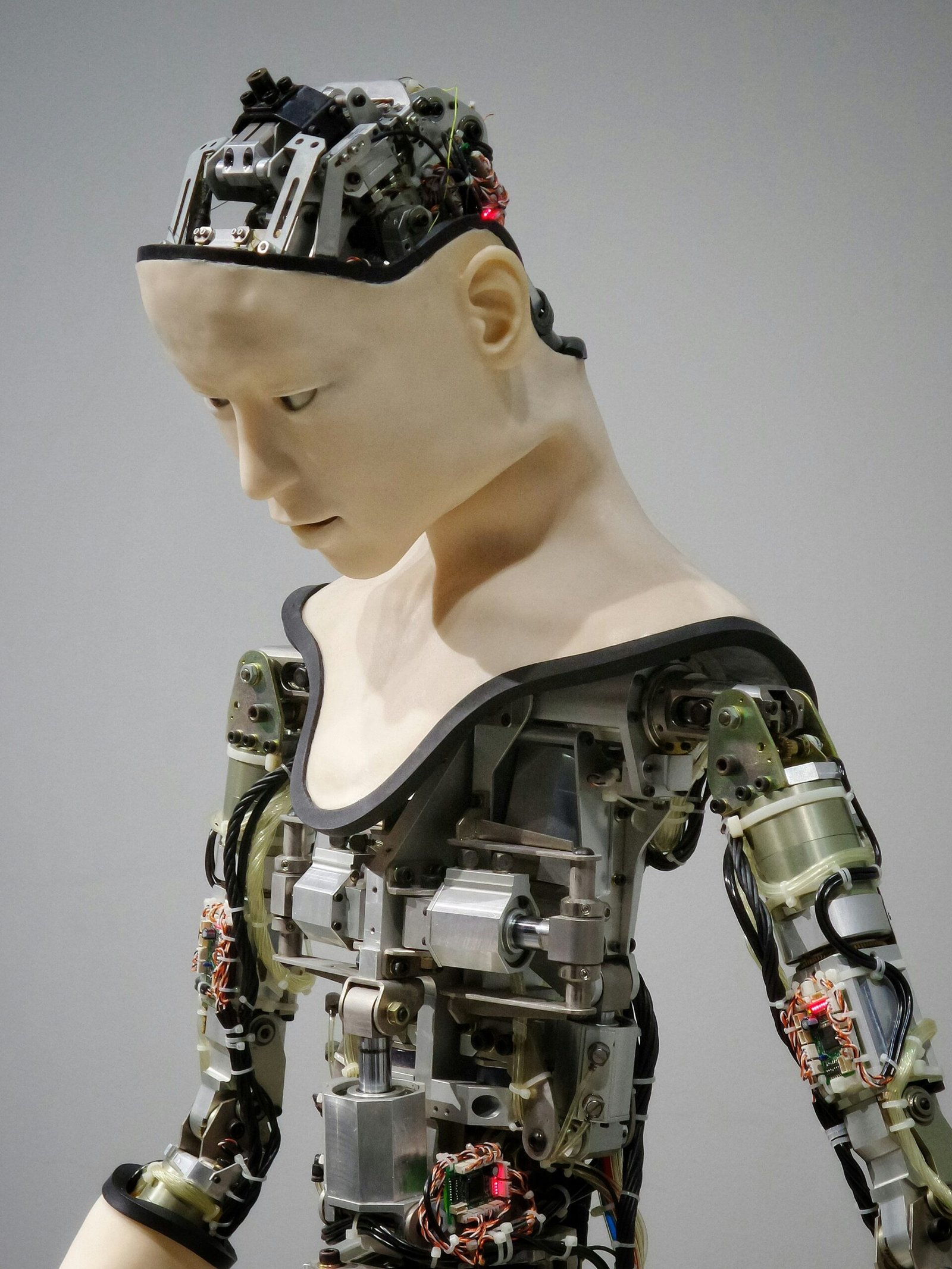Introduction
The rise of Artificial Intelligence (AI) has sparked a significant debate surrounding its impact on human labor. As AI continues to advance, there are concerns about the potential displacement of human workers and the need to adapt to this evolving landscape. In this article, we will explore the characteristics and categories of AI, and the different types of AI, and delve into how AI affects the labour market. We will also examine the jobs that are most likely to be affected and discuss the emergence of new in-demand jobs. Additionally, we will analyze the impact of AI on the economy and present arguments both in favor and against AI’s influence on the labor market. Finally, we will address the question of whether AI will complement human work or lead to complete replacement.
What is Artificial Intelligence?
Artificial Intelligence refers to the simulation of human intelligence in machines that are programmed to think and learn. AI systems are designed to perform tasks that typically require human intelligence, such as visual perception, speech recognition, decision-making, and problem-solving. AI is characterized by its ability to analyze vast amounts of data, adapt to new situations, and improve its performance over time.

Categories of AI
- Reactive Machines: These AI systems do not have memory or the ability to use past experiences to inform future decisions. They operate solely based on the current input.
- Limited Memory: AI systems in this category can use past experiences to make decisions. However, their memory is limited, and they cannot retain information for an extended period.
- Theory of Mind: This category of AI is hypothetical and refers to machines that possess the ability to understand emotions, intentions, beliefs, and desires of others.
- Self-awareness: Currently, AI systems do not possess self-awareness, but this category refers to machines that have consciousness and a sense of self.
Types of AI
- Narrow AI: Also known as Weak AI, this type of AI is designed to perform specific tasks. Examples include voice assistants, image recognition systems, and recommendation engines.
- General AI: General AI refers to machines that possess the ability to understand, learn, and perform any intellectual task that a human can do. This level of AI has not been achieved yet.
- Superintelligent AI: This hypothetical form of AI surpasses human intelligence and is capable of outperforming humans in virtually every task.
How Does AI Affect the Labour Market?
The integration of AI in the labor market has both positive and negative implications. While AI has the potential to automate routine and mundane tasks, it also creates a shift in the demand for certain skills. Jobs that involve repetitive and predictable tasks are more likely to be automated, leading to potential job displacement.
Jobs Affected by AI
Several industries are likely to experience significant changes due to AI, including:
- Manufacturing: AI-powered robots can automate assembly lines, reducing the need for human workers.
- Transportation: Autonomous vehicles and drones have the potential to replace human drivers and delivery personnel.
- Customer Service: Chatbots and virtual assistants can handle customer inquiries, reducing the need for human representatives.
- Finance: AI algorithms can analyze financial data and make investment decisions, impacting roles in wealth management and trading.
New In-Demand Jobs
While AI may displace certain jobs, it also creates new opportunities. Some of the emerging in-demand jobs include:
- Data Scientists: Professionals who can analyze and interpret large datasets to derive valuable insights.
- AI Trainers: Experts who train AI systems and ensure their ethical and responsible use.
- Robot Supervisors: Individuals who oversee and maintain AI-powered robots in manufacturing and other industries.
- AI Ethicists: Professionals who address the ethical implications of AI and develop guidelines for its use.
Impact on the Economy
The integration of AI into the economy has the potential to drive growth and increase productivity. However, it also raises concerns about income inequality and job polarization. Some argue that AI will create new jobs and enhance productivity, leading to economic growth. Others express concerns about job displacement and the need for retraining and upskilling the workforce.
Arguments in Favor
Proponents of AI argue that it can improve efficiency, enhance decision-making, and free up human workers to focus on more creative and complex tasks. They believe that AI can lead to new job opportunities and economic growth.
Arguments Against
Critics of AI express concerns about job displacement, ethical implications, and the concentration of power in the hands of a few tech giants. They highlight the need for regulations and policies to ensure responsible AI deployment and protect the rights of workers.
AI Summit: Addressing AI Safety
The global AI Safety Summit, hosted by various countries including the UK, serves as a platform to discuss the challenges and risks associated with AI. These summits bring together experts, policymakers, and industry leaders to address the ethical, safety, and economic implications of AI in the labour market.
Conclusion
The rise of AI presents both opportunities and challenges for the labor market. While certain jobs may be displaced, new roles will emerge, requiring a shift in skills and continuous learning. Policymakers, businesses, and individuals must adapt and navigate this changing landscape to ensure a smooth transition and harness the benefits of AI while addressing its potential risks.
References:
– Global AI Safety Summit hosted by the UK
– AI Safety Summits in various countries



